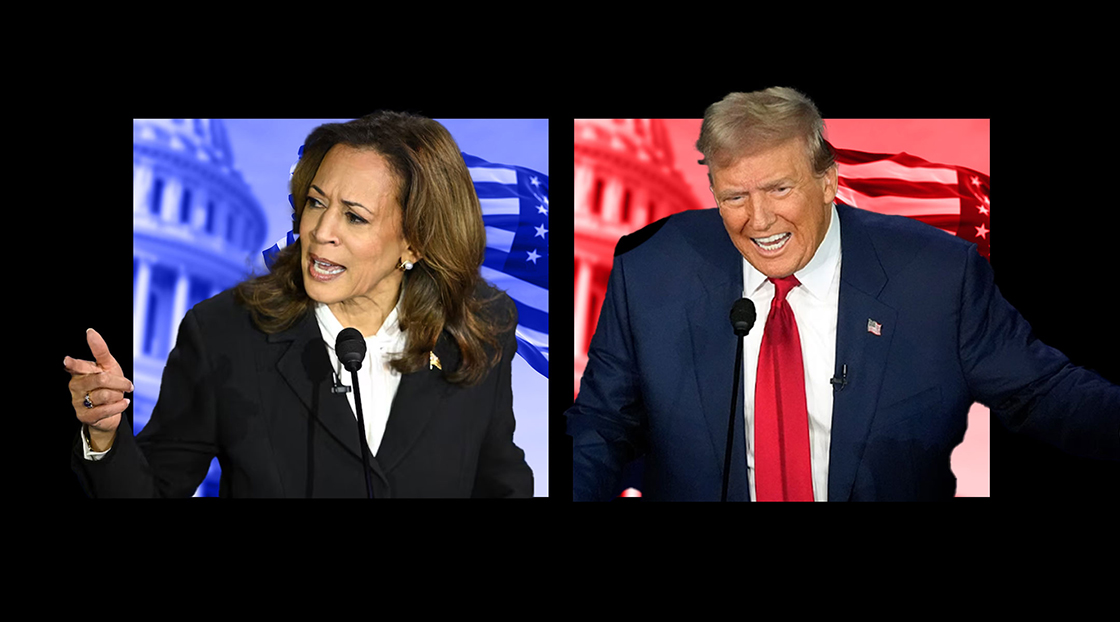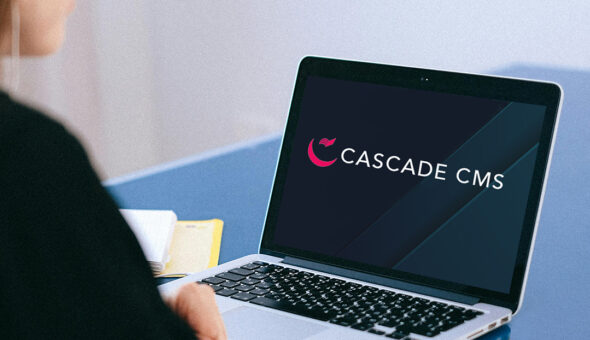Higher education is facing a unique set of circumstances not seen in at least several decades: an enrollment cliff that’s contributing to some three schools closing every month on average this year, tuition prices mostly outpacing even historic inflation in the U.S. economy, and a growing percentage of college-aged adults choosing blue-collar jobs over university study.
Accreditation is, by nearly all accounts, a growing bureaucratic mess that’s making schools more bloated than ever with administrators. Americans’ confidence in higher ed has cratered in recent years among every major demographic.
The list of issues goes on and could fill an entire book.
But you wouldn’t know it watching the Sep. 10 debate between former President Donald Trump and current Vice President Kamala Harris (or the Oct. 1 vice presidential debate between Sen. JD Vance and Gov. Tim Walz). The candidates vying to replace Joe Biden in the White House spoke about their views on the economy, immigration and abortion during their 120-minute showdown in Philadelphia last week, ignoring the topic of higher ed altogether. Neither candidate offers much of a comprehensive plan on their official campaign website, leaving voters to more or less piece together the candidates’ respective stances based on recent statements and their political records.
“I think both candidates are spread thin in their policies and the specificity because neither campaign sees higher ed as a lynchpin in the election,” explained Jennifer Steele, professor of education at American University. “So they’re putting more policy energy into things they think are going to move the needle; things like Roe v. Wade, immigration, and the Affordable Care Act.”
Steele has specialized in education policy at the D.C.-based American University since joining as a faculty member in 2014. She said she “wouldn’t be surprised” if the two candidates left out key details on their higher ed policy until after the election.
But here’s at least what we know so far.
Trump wants reforms to accreditation and Title IX
The Trump campaign pledges on its official website simply to reduce the cost of higher education. Trump and the Republican party support creating “additional, drastically more affordable alternatives to a traditional four-year college degree,” but offer no further specifics on the campaign’s main “Platform” page.
Last November, in the wake of anti-semitic protests at Harvard and other universities across the country, the former president proposed a free online university called The American Academy, which he’d fund through taxes of private university endowments. The American Academy, according to Trump, would offer the equivalent of a bachelor’s degree, and Uncle Sam would recognize the degree for candidates applying for government jobs.
In May, Trump vowed to repeal Biden-era additions to Title IX that address transgender students. During his presidency from 2017 through early 2021, Trump’s Department of Education focused on crafting language that held schools accountable for failures “to respond equitably and promptly” to Title IX violations, while also working to remove “bureaucracy” that “often stacked the deck against the accused.”
“Trump himself has not given a ton of detail about his plans for education or what he would do specifically for education,” noted Kimberly Martin, assistant professor of political science at Georgia Southern University. “But if you take a wider look at what his surrogates and supporters have done, like Ron DeSantis in Florida, there’s potential to convert the rhetoric that’s been critical of the current state of higher ed into policy.”
Martin, who earned her doctorate at the University of Florida and has taught for five years at Georgia Southern, noted Trump has proposed doing away with the Department of Education entirely, instead letting the private sector take over many of its functions. Such a sweeping change could affect federal student aid, Title V and Title IX, among other issues for “years to come,” she said.
Harris wants college to be more accessible
The Harris campaign has made clear it wants to make college both more affordable and accessible, though it hasn’t mentioned how. Part of the Democratic candidate’s pledge to “end the unreasonable burden of student loan debt and fight to make higher education more affordable,” includes claims on her campaign website of providing $170 billion in student debt relief for almost five million borrowers and pumping more federal dollars into minority-serving schools — such as HBCUs — than any other administration.
The maximum Pell Grant award is up $900 under the Biden–Harris administration, from $6,495 when they took over in 2021 to $7,395 for the 2024-2025 academic year, and the bulk of the VP’s campaign messaging has focused on the American middle class. She’s proposed expanding access to free community college and continues to pursue ways to cancel debt for more students in the red from higher ed loans.
As a U.S. senator, Harris co-sponsored the College for All Act of 2017, which proposed free community college nationwide and allowed students from families with a combined income of less than $125,000 to attend four-year public universities for no charge. The bill didn’t make it out of its Senate committee that year, but its spirit has lived on in Democrat policies since then, especially during the Biden-Harris administration. Harris has not said whether she’d push a similar bill if elected president, but her pledge to make higher ed more affordable suggests she’d continue along that path.
Andrew Perrin, SNF-Agora professor of sociology at Johns Hopkins University, said the Harris platform is essentially aiming to make college a realistic goal for more Americans.
“The focus in the Harris camp to the extent that they’re actually discussing higher ed is about providing access to young people,” Perrin explained. “My issue with that point is that higher-ed is such a varied field in the U.S., so are we talking about access to super-high-quality four-year education or are we talking about more access to vocational training, or something in-between?”
New visions or more of the same?
Would a second Trump term repeat his higher ed policy from his first term? Perrin firmly believes the answer is “no.” Outside of working to reform Title IX, Trump made comparatively few headlines on issues related to colleges and universities during his four years in the White House. The Johns Hopkins professor believes a second Trump term would be “more focused” on higher ed priorities, in part because more Washington D.C. conservatives are “passionate” about fixing some of the industry’s most glaring problems.
“Higher ed has been more of a priority to some members of Trump’s inner circle than it was the first time around,” Perrin explained. “The way the Ivy League presidents (MIT president Sally Kornbluth, former Harvard president Claudine Gay and former Penn president Liz Magill) were treated by Congress during their hearings earlier this year is an indication that there’s a bit of a more aggressive attitude from the more conservative wing of the Republican party.”
Martin pointed out that Trump has also floated the idea of awarding green cards to all noncitizen graduates of U.S. universities, even junior colleges, which also differs from his platform during his first presidency. In his first term, Trump in July 2020 proposed refusing to issue visas to international students taking full online course loads at U.S. universities during the COVID-19 pandemic. The administration backed off the idea a week later in the wake of lawsuits from Harvard, MIT, the U.S. Chamber of Commerce, Google, Microsoft and others.
Harris, the interviewed scholars said, appears to closely follow the higher ed policy of the Biden administration. But all three agreed it was hard to predict if and how fervently a Harris presidency would pursue higher ed, and whether it’d mirror what Americans have seen so far from Biden.
“I think they’ll proceed with incremental student loan forgiveness,” American University’s Jennifer Steele said. “The reason maybe her campaign is backing away from some of these issues though, is because they can be so logistically difficult.”
Editor’s Note: Reporter Chris Kudialis contacted both campaigns to discuss their respective platforms regarding higher education. A spokesman from Trump’s campaign referred Kudialis to the Republican National Committee’s platform on higher-ed, which this story covers. The Harris campaign did not respond to multiple email and social media requests for comment.







